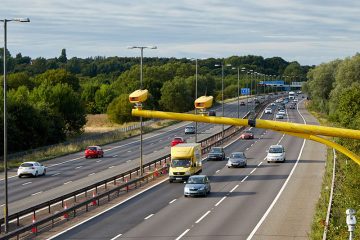The Essential Role of Police Academy Training

Introduction
The significance of police academy training cannot be overstated, as it serves as the foundation for public safety in communities across the United Kingdom. As crime rates fluctuate and societal expectations evolve, well-trained police officers are essential for maintaining law and order. Recent discussions around police reforms have placed a spotlight on the critical role that academy training plays in shaping effective law enforcement practices.
Current Events and Developments
In recent months, several police academies across the UK have initiated new training programmes aimed at addressing emerging challenges, such as cybercrime, mental health crises, and community engagement. For instance, the Metropolitan Police Service has introduced enhanced curriculum modules that focus on digital forensics and proactive communication with local communities.
Furthermore, a recent report from the College of Policing highlights the importance of continuous professional development, advocating for regular refresher courses for serving officers. This need has been driven by the rapid advancements in technology and the increasing demands placed on police officers to act as both law enforcers and community advocates.
Challenges Facing Police Academies
Despite the positive strides made, police academies face significant challenges. Recruitment hurdles have become more pronounced, with many forces struggling to attract a diverse range of candidates. In an effort to address this issue, various police academies have launched outreach initiatives designed to connect with underrepresented communities, encouraging a broader applicant base.
Additionally, the delivery of training during the COVID-19 pandemic has prompted a shift towards hybrid learning models, combining traditional classroom approaches with online elements. While this transition has allowed training to continue, it has raised questions about the long-term efficacy of remote learning in fostering essential practical skills needed for police work.
Conclusion
As the landscape of law enforcement continues to evolve, the role of police academies remains crucial. Their ability to adapt training programs to meet modern-day challenges will significantly influence the effectiveness of policing strategies in the UK. Looking ahead, it is imperative for police academies to foster partnerships with community organisations and adapt their curricula to equip officers with the necessary skills to serve with integrity and effectiveness. The future of policing requires a commitment to professional development, inclusivity, and responsiveness to the needs of the communities they protect.









